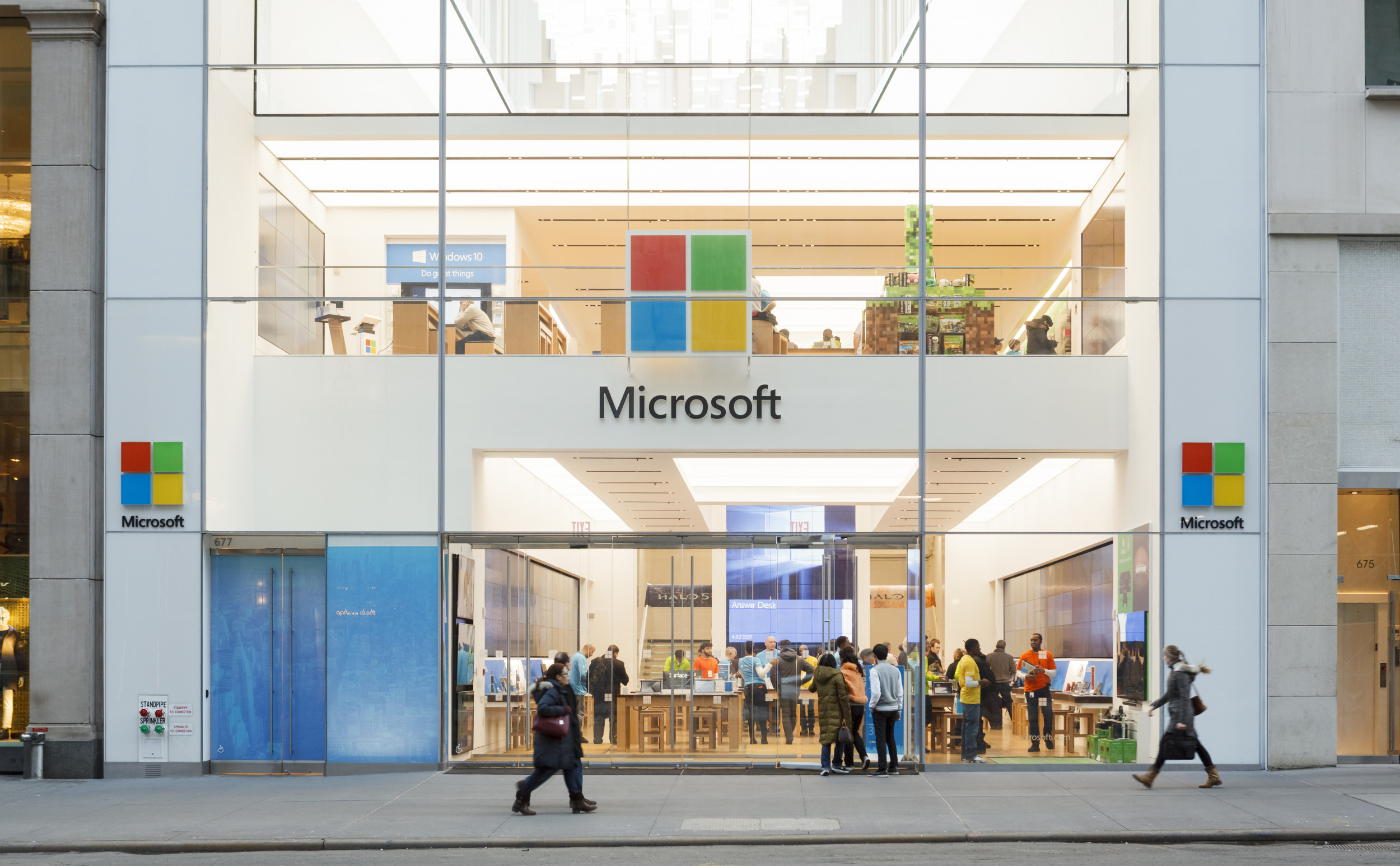By Nick Mordowanec
Thousands of employees across various industries are expected to be laid off in July.Companies are required to send out a Worker Adjustment and Retraining Notification Act (WARN) notice before implementing mass layoffs. Roughly 95 employers plan to lay off workers in July, according to WARNTracker.com.Why It MattersThe United States economy is responding to governmental actions, including the imposition of widespread tariffs on countries worldwide and a decline in consumer sentiment.Layoffs may not directly correlate to the current economic climate, as some companies strive to maximize profits at the behest of the broader workforce. Others attempt to better fulfill demand.The roughly 100 companies laying off employees throughout July indicate an improvement in the business sector, as about 160 companies laid off workers in June.What To KnowThe layoffs will affect multiple industries, including retail, pharmaceuticals, food and beverage, health care, package delivery and more.Employee layoffs vary by company and location, with some laying off between one and 25 employees. The layoffs are more drastic at some companies, such as Microsoft, where between 1,000 and 2,500 workers are expected to lose their jobs in July.The full list, based on WARN notices via WARNTracker.com, includes:
First Student
United States Cellular Corporation
Berry Global
Primo Brands
Galion Pointe Nursing & Rehab
ABM Industries
Atco Rubber Products
Mortech Manufacturing Company
MedStar Mobile Healthcare
Barrette Outdoor Living
INOAC Exterior Systems
Unitek Learning Education Group
S&S Activewear
Atria Wealth Solutions
C&S Wholesale Grocers
SSB Manufacturing Company
Surfair Mobility
American Institutes of Research
Foot Locker
10x Genomics
Vigor Alaska
L.A. Turbine
Air Distribution Technologies
Anthony International
College Success Foundation
Colosseum Athletics
Dufry by Avolta
Museum of Ice Cream
GroundGame Health
Reyes Coca-Cola Bottling
Lakeshore Learning Materials
Island Peer Review Org
Eagle Healthcare
Technology Partner
Wells Fargo
Mulligan Security
Truvant North America
Collins Aerospace
Revlon Consumer Products
WIOSS Atlanta
Lewis Tree Service
F&S Produce West
Six Flags Entertainment Corporation
Tend Exchange Subsidiary/Delaware Tender Staffing
Eikon Therapeutics
Coronado Stone Products
Silgan Containers Manufacturing Corporation
Allergan Aesthetics
Main Street Manor
Waste Harmonics Keter
Globe Motors
Crothall Healthcare
Morrison Healthcare
NFI Industries
Tom Thumb Store
Advanced Pressure Technology
Virginia Mason Franciscan Health Virtual Services
End of Sandwich Tavern Restaurant
Remote Workers
All-Rite Leasing
Summit BHC New Jersey
Menzies Aviation
GTM Discount General Store
Bridgestone Tires
Saddle Creek Corporation
Liberty Residential Services
The Fresh Market
Spreckels Sugar Company
American Contract Systems
Cornerstone Chemical Company
U-Line Corporation
Other companies, such as Kroger, are closing approximately 60 of their stores nationwide over the next 18 months. A Kroger spokesperson declined to comment to Newsweek on the closures or provide a list of locations and dates of expected cessation of operations.In an October 2024 earnings announcement, Walgreens CEO Tim Wentworth announced the intended closure of 1,200 stores, with the first 500 closures scheduled for the first fiscal year as part of a new footprint optimization strategy.Evaluating a long-term footprint “is ongoing and evolving.””We will continue to execute our previously announced turnaround plan aimed at stabilizing the retail pharmacy, including our footprint optimization program,” the company told Newsweek. “Increased regulatory and reimbursement pressures are weighing on our ability to cover the costs associated with rent, staffing, and supply needs.”It is never an easy decision to close a store, and we know how important they are to the communities we serve and therefore do everything possible to improve their performance. When closures are necessary, we will work in partnership with community stakeholders to minimize customer disruptions.”Mark Mathews, executive director of research at the National Retail Federation (NRF), told Newsweek that some consumers are still willing to spend, but the retail market beyond top-line growth is experiencing some “distressed behavior.””We see consumers, especially in higher-income households, trading down to Discount Dollar and off-price,” Matthews said. “We’ve seen some retailers that operate in that space. They’re seeing extremely high levels of higher-income consumers shopping there.”While topline retail sales aren’t impacted yet, we’re definitely seeing some of the concern that consumers are expressing when you look at consumer sentiment translating into changes in the way that people are spending their money. They’re just being a little bit more careful. They’re definitely looking for promotions and sales. We have a pretty cautious consumer.”Ben Johnston, chief operating officer of small business lender Kapitus, told Newsweek that the “tremendous amount of optimism” at the beginning of this calendar year has faded as consumer sentiment has worsened.”Our borrowing base is continuing to perform well, and it looks to me like business owners, at least our constituents, are being really responsible,” Johnston said. “They’re not taking on growth projects that they’re not confident in, but they’re taking on that normal business.”They’re not looking to make a big financial bet right at this moment. I think they’re taking a wait-and-see approach to what’s going to happen with tariffs and where the economy is going to go in the fall.”What People Are SayingMatt Sable, Co-Head of J.P. Morgan Commercial Banking, previously told Newsweek: “Business leaders are managing through a lot of unknowns鈥攆rom policy uncertainty to market volatility and beyond鈥攁nd are thoughtfully recalibrating their strategic plans as they seek more clarity about the future.””Business leaders are most concerned about uncertain economic conditions heading into the second half of the year,” he said. “Other key factors like tariffs, policy uncertainty and geopolitical events are top of mind as well. While the near-term may seem uncertain, they’re operating with a long-term view, focusing on what they can control to run and grow their businesses.”What Happens NextLast week, Federal Reserve Chair Jerome Powell said the U.S. economy was “in solid shape,” after the central bank opted to hold off on interest rate cuts.Powell, however, warned of “very high uncertainty” due to tariffs, adding: “Everyone that I know is forecasting a meaningful increase in inflation in coming months from tariffs.”
